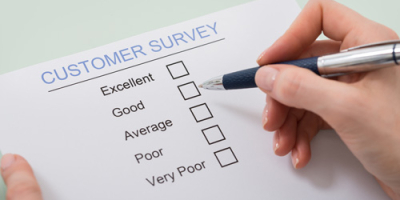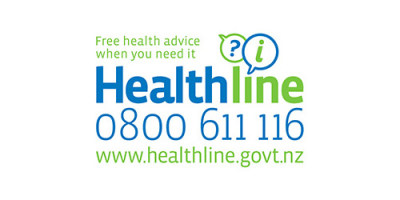The importance of mental health self-care for youth in a post-COVID-lockdown world
When New Zealand went into lockdown in 2020, our world of weddings, conferences and large whānau gatherings came to a sudden halt. For our rangatahi youth, this translated into disruptions for school camps, sporting events and balls.
While the days of lockdowns are gone, 2022 has in some ways been a more challenging year, with ongoing winter illnesses leading to a turbulent mix of attendance, the uncertainty of staffing and a combination of online and face-to-face learning.
Helping our young people to understand and navigate their mental health and build resilience is core to supporting them through this turbulence.
Positive mental health is often connected to having a sense of purpose, knowing who we are, being able to do the things that matter to us and feeling connected to others. This is linked to resilience, which is having positive ways to deal with your feelings, recover from things that impact you and enjoy life even when things are hard.
It’s important to know, though, that having positive mental health overall doesn’t mean you’re excluded from experiencing mental distress.
Our hauora is not individual. It’s a weaving together of our whānau, our whakapapa, our connection to the world around us and our beliefs. This helps us form an identity that connects us to our past, grounds us in our present and lifts us up to the opportunities our future holds.
It means that we’re a part of something bigger than ourselves, and within this, we can find people who care and support, stories that uplift us and help us to feel connected and heard, and a sense of belonging and acceptance of who we are.
Your mental health is closely linked to how you think and feel about yourself and others, how you create and manage relationships and friendships and the ways that you’re able to cope with the ups and downs of emotions that you face in your everyday life.
Where to get help in a mental health crisis:
If you’re thinking about harming yourself or are having suicidal thoughts, call Lifeline on 0508 82 88 65 now to talk to someone who cares and can support you. Visit www.lifeline.org.nz to learn more.
Why apps are important self-care tools:
Apps hold amazing potential as mental health and wellbeing tools. You can carry them everywhere, engage with them in real-time as you’re experiencing distress, and interact with them in a completely different way from other self-help tools.
But it is important to remember that apps don’t replace professional help or your doctor’s advice, and there is no current accreditation system for apps that are designed. It’s important to note an app will only be effective if you use it, and you are probably more likely to use something you enjoy using so if you don’t like the look of the app, don’t like the language it uses, or don’t like the things it asks you to do, it’s probably best finding another one.
Some great apps to download and use for free:

- If you or someone close to you is experiencing suicidal thoughts or feelings, having a safety plan can help you get through the tough moments.
- Your safety plan starts with things you can do by yourself, such as thinking about your reasons to live and distracting yourself with enjoyable activities.
- It then moves on to coping strategies and people you can contact for support – your friends, family and health professionals.
- Convenient and confidential, BeyondNow puts your safety plan in your pocket so you can access and edit it at any time.
- Beyond Now is designed to be used as part of your overall mental wellbeing and safety strategy.
- You can also email a copy to trusted friends, family or your health professional to help them support you.

- Provides tasks that help you resist or manage the urge to self-harm.
- Add your own tasks too, it’s completely private and password protected.
- Four categories of tasks target the main reasons for why people self-harm.
- Distract helps to combat the urge by learning self-control.
- Comfort helps to care rather than harm,
- Express, gets those feelings out in a different way.
- The release provides safe alternatives to self-injury.
- Award-winning app developed by Dr Krause, Consultant Clinical Psychologist using ideas from an evidence-based therapy called DBT.
- Learn to identify and manage your ‘emotional mind’ with positive impact and track your progress

- Developed by psychologists and educators to help bring balance to people’s lives.
- Mindfulness meditation is about mental health and looking after the mind.
- Smiling Mind aims to build happier, healthier and more compassionate people.
- A range of programs for both children and adults.
- Designed to assist you in dealing with the pressure, stress and challenges of daily life

- MindShift is an app designed to help teens and young adults cope with anxiety.
- Learn how to relax and develop more helpful ways of thinking.
- Identify active steps that will help you take charge of your anxiety.
- Includes strategies to deal with everyday anxiety, as well as specific tools to tackle exam anxiety, perfectionism, social anxiety, performance anxiety, worry, panic and conflict.
- It can help you change how you think about anxiety.
- Rather than trying to avoid anxiety, you can make an important shift and face it.





